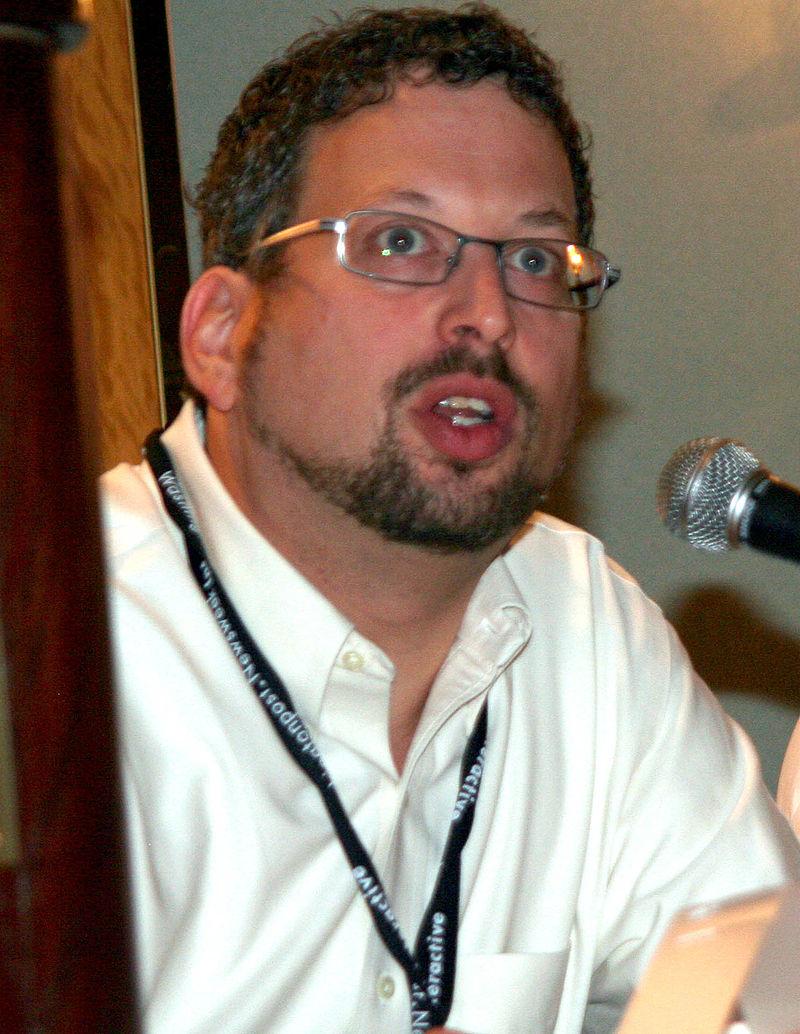Did the Intercept Just Admit It Makes Up Facts?
It isn't every day you have an exchange with a journalist who just comes out and admits—twice, actually—that a story in his publication contains made up facts.

Published by The Lawfare Institute
in Cooperation With

It isn't every day you have an exchange with a journalist who just comes out and admits—twice, actually—that a story in his publication contains made up facts. But I actually think that's more or less what just took place in a remarkable Twitter exchange I had with Dan Froomkin of The Intercept about the headline of a story yesterday ("Obama Administration War Against Apple and Google Just Got Uglier") and a passage of a story today ("Edward Snowden Explains Why Apple Should Continue to Fight the Government on Encryption").
The exchange arose because I challenged Froomkin and reporter Jenna McLaughlin to defend yesterday's headline, which treated Zoe and my article on encryption liability standards as part of an Obama administration campaign on encryption.
During the exchange, I also challenged the accuracy of this passage from McLaughlin's story today:
Snowden was asked by The Intercept to respond to the contentious suggestion — made Thursday on a blog that frequently promotes the interests of the national security establishment — that companies like Apple and Google might in certain cases be found legally liable for providing material aid to a terrorist organization because they provide encryption services to their users.
In response, as you'll see, Froomkin admits that the only evidence for the claim that Zoe and my piece was part of Obama administration initiative is that he regards it as "obvious" that I am a "mouthpiece" for the administration—which is to say that there is no evidence at all. And he admits as well that the Intercept's basis for suggesting that Zoe and I had written about Google (which we did not) was that "you well know that Google is next."
It's a remarkable exchange, one that sheds a great deal of light on what the Intercept means when it describes its journalism as "fearless" and "adversarial."
But don't take my word for it. Here's the exchange itself.
Am I wrong to conclude that Froomkin has just defended making up facts about me, about the Obama administration, about Zoe Bedell, and about Google?




.jpg?sfvrsn=d5e57b75_7)
